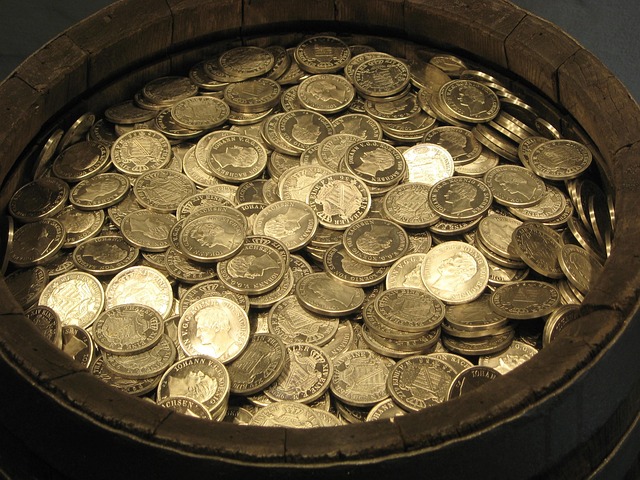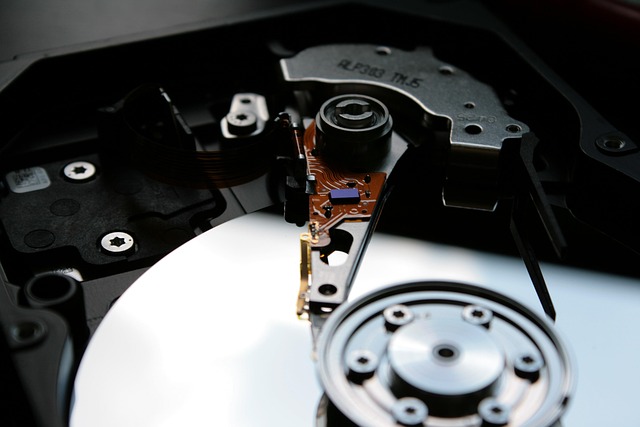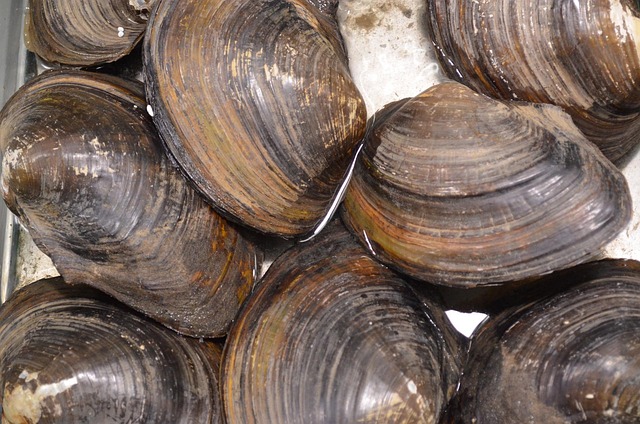Mineral deposits, caused by tap water minerals, impact aesthetics and appliances. Vinegar, a natural cleaner, effectively removes calcium and magnesium buildup. Mix equal parts vinegar and warm water in a spray bottle, soak affected areas for 10-15 minutes, scrub gently, rinse thoroughly. Alternatives include specialized cleaners or baking soda blends. Regular maintenance with water softeners and thorough rinsing prevent future deposits.
Tired of dealing with stubborn mineral deposits on your fixtures and appliances? Learn how vinegar, a natural and affordable cleaning solution, can effectively remove these buildup remnants. This article explores the science behind mineral deposits, highlighting their causes and unsightly effects. We then delve into the numerous advantages of using vinegar for cleaning, offering a step-by-step guide to achieving sparkling results. Additionally, discover alternative methods and maintenance tips to prevent future mineral deposit issues.
- Understanding Mineral Deposits: Causes and Effects
- The Benefits of Using Vinegar for Cleaning
- Step-by-Step Guide: Effective Vinegar Cleaning Solution
- Alternative Methods and Tips for Maintenance
Understanding Mineral Deposits: Causes and Effects

Mineral deposits are a common household issue, forming as hard, stubborn stains on various surfaces, especially in areas with hard water. These deposits aren’t just unsightly; they can also have significant effects on your home’s plumbing and appliances. Understanding what causes them is the first step towards effective prevention and removal.
Mineral deposits primarily result from the presence of minerals, such as calcium and magnesium, in tap water. When water evaporates, these minerals are left behind, slowly building up over time to form visible deposits. This process is accelerated in areas with higher mineral content or where water is heated, like in kettles and water heaters. While they might not seem harmful initially, mineral deposits can lead to reduced water flow, appliance malfunction, and even damage to surfaces if left untreated.
The Benefits of Using Vinegar for Cleaning

Using vinegar for cleaning is a popular and effective choice, especially when it comes to tackling stubborn mineral deposits. This natural, acidic substance has powerful cleaning properties that make it a game-changer in the battle against buildup and scaling. Vinegar’s ability to dissolve calcium, magnesium, and other minerals makes it an ideal solution for various surfaces, from showerheads and faucets to appliances and floors.
Its advantages are numerous; it’s an affordable, eco-friendly, and non-toxic alternative to harsh chemicals. Vinegar’s versatility allows for easy DIY cleaning solutions, cutting down on the need for specialized products. Moreover, its pleasant aroma leaves a fresh scent without the strong chemical overtones often associated with traditional cleaners. This simple ingredient can transform your cleaning routine, offering an efficient, cost-effective, and safe way to remove mineral deposits and keep your spaces sparkling.
Step-by-Step Guide: Effective Vinegar Cleaning Solution

To create an effective vinegar cleaning solution for mineral deposits, start by mixing equal parts white distilled vinegar and warm water in a spray bottle. Shake well to ensure thorough mixing. Next, apply the solution directly onto the affected areas, focusing on the mineral buildup. Let it soak for 10-15 minutes to allow the acid in the vinegar to dissolve the deposits.
After soaking, use an old toothbrush or a soft cloth to gently scrub the surface. The vinegar will help break down the mineral residues without scratching the surface. Rinse thoroughly with warm water and dry completely to prevent any water stains or remaining residue. This natural and cost-effective method is ideal for cleaning mineral deposits on various surfaces around your home, from bathroom fixtures to kitchen appliances.
Alternative Methods and Tips for Maintenance

While vinegar is a popular and effective solution for tackling mineral deposits, it’s not the only method available. Alternative approaches include using specialized cleaning solutions designed to dissolve hard water stains and scale, as well as commercial descalers that can cut through tough buildup. For a more natural route, baking soda blended with citric acid or lemon juice can be potent cleaners.
For maintenance, regular cleaning is key. Preventive measures like using water softeners or filter systems can significantly reduce mineral deposits forming in the first place. Additionally, wiping down surfaces after each use and rinsing thoroughly with clean water can help prevent hard water stains from setting in. Remember, timely attention to these areas will make future cleaning easier and more effective.
